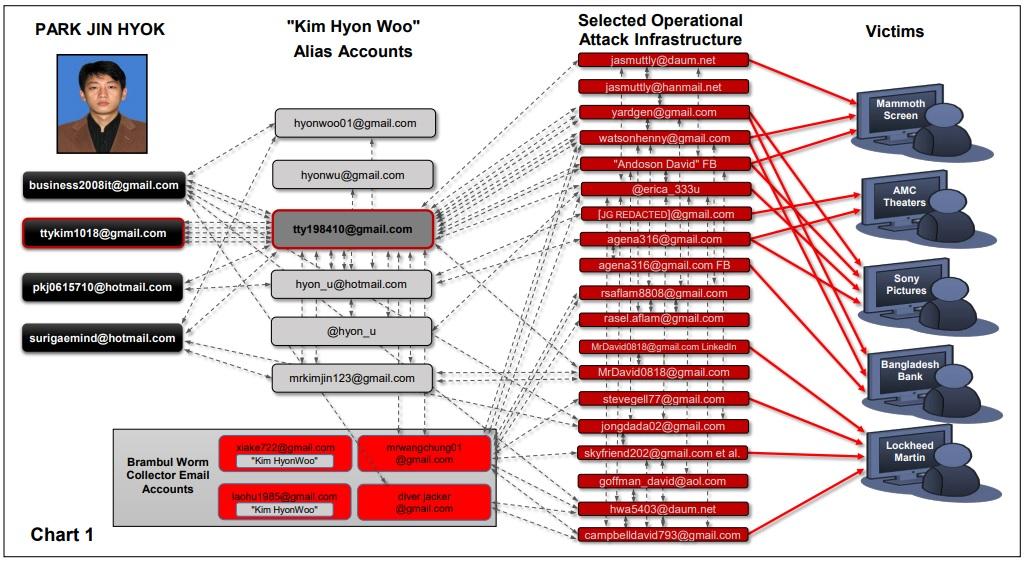A North Korean programmer has been charged for involvement in cyberattacks including the 2014 hacking of Sony Pictures and the unprecedented 2017 ransomware attack dubbed “WannaCry 2.0.”
Park Jin Hyok, 34, was a member of the hacker team known as the Lazarus Group, linked to the North Korean communist regime, prosecutors allege. He worked for the Chosun Expo Joint Venture, a company with offices in North Korea and China and affiliated with North Korean military intelligence.





